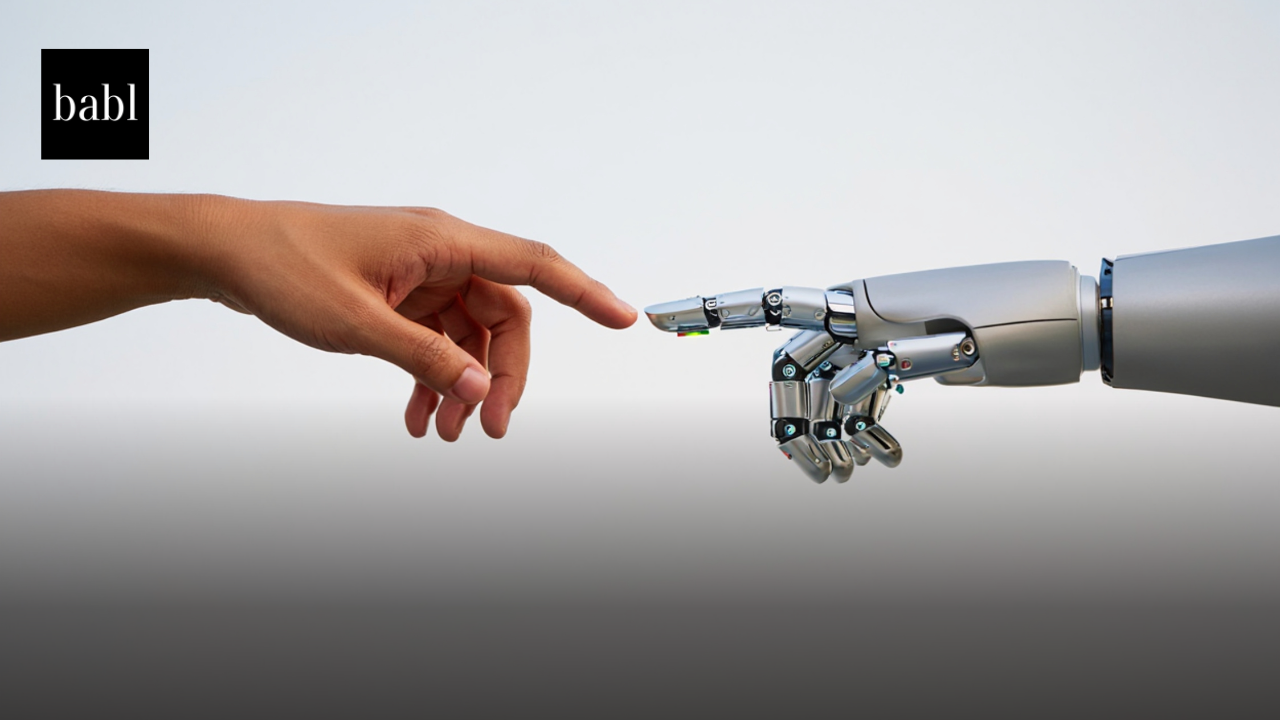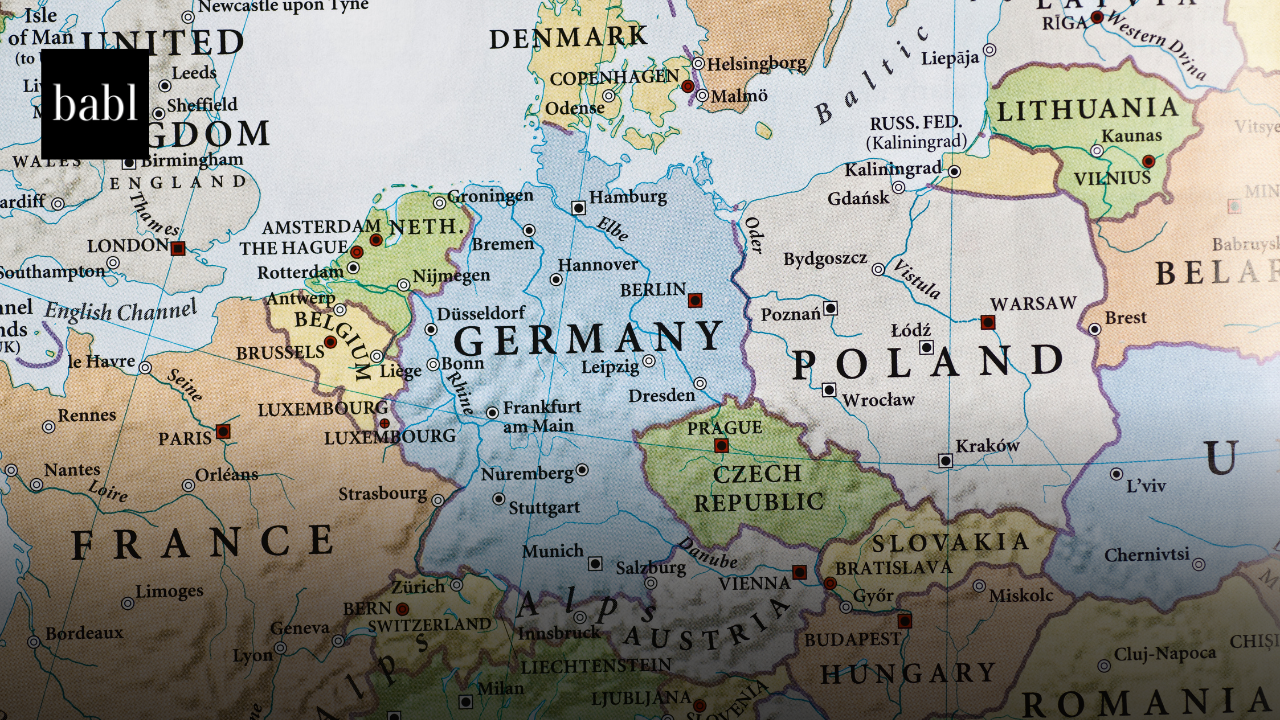UPDATE — AUGUST 2025: Since U.S. National Security Advisor Jake Sullivan and UAE National Security Advisor Sheikh Tahnoon bin Zayed first announced plans for an AI cooperation agreement in September 2024, the partnership has moved from vision to implementation. The government-to-government MOU was formally signed in January 2025, creating joint working groups on AI safety, cybersecurity, clean energy infrastructure, and workforce development. By March, the two nations had launched a Joint AI Council, linking the U.S. Department of Commerce and NIST with the UAE’s Office of AI to align regulatory approaches and develop shared standards for safety testing and bias mitigation.
The UAE has since adopted portions of the U.S. NIST AI Risk Management Framework for its national deployments, and both governments conducted cybersecurity drills to test AI resilience in energy and healthcare systems. Energy has been another focal point: under their Partnership for Accelerating Clean Energy (PACE), the UAE committed $500 million to renewable-powered data centers in May 2025, with U.S. companies providing AI systems to pair with solar and hydrogen projects. Investment has accelerated, with firms like Microsoft and Palantir expanding in the UAE, and Mubadala co-investing in U.S. AI startups.
On the workforce front, mid-2025 saw the launch of AI scholar exchanges and bootcamps between NYU Abu Dhabi, MIT, and Stanford, alongside policy workshops for regulators. Internationally, the U.S. and UAE have coordinated closely at the OECD and GPAI, promoting shared principles of trustworthy AI, explainability, and equitable access for developing economies.
ORIGINAL NEWS STORY:
United States and United Arab Emirates Strengthen Cooperation on Artificial Intelligence
The United States and the United Arab Emirates (UAE) reaffirmed their shared commitment to advancing artificial intelligence (AI) in a responsible and trustworthy manner. U.S. National Security Advisor Jake Sullivan and UAE National Security Advisor Sheikh Tahnoon bin Zayed Al Nahyan announced the development of a government-to-government memorandum of understanding (MOU) to deepen cooperation in AI and related technologies.
Shared Vision for Responsible and Secure AI
The announcement follows direction from President Joseph R. Biden, Jr. and UAE President Sheikh Mohamed bin Zayed Al Nahyan. Both leaders view AI as a driver of economic growth and innovation across education, healthcare, sustainability, and national security. At the same time, they stressed the need for strong safeguards to reduce risks from advanced AI systems. Both countries outlined principles focused on safe and ethical AI development. They highlighted AI’s potential to create jobs and improve public services. However, they also acknowledged that AI requires accountability, transparency, and responsible oversight.
Alignment on Global AI Standards
The United States and the UAE plan to promote international AI frameworks that support human rights and protect users from harm. They intend to encourage explainable and equitable AI systems that align with international norms. In addition, the governments will work to align their regulatory approaches. This alignment should improve trust, encourage investment, and support cross-border AI development.
Focus on Security, Fairness, and Innovation
Cybersecurity is a major priority of the partnership. Both governments plan to develop strategies that protect critical infrastructure and reduce cyber risks linked to emerging AI technologies. The collaboration also emphasizes fairness and non-discrimination. The United States and the UAE will support research that addresses bias in AI systems and reduces the risk of unequal treatment.
Investment, Talent, and Clean Energy
The two countries will encourage bilateral investment in AI infrastructure and streamline licensing to speed up trusted trade. They also plan to expand training programs and workshops to build AI talent and deepen collaboration between researchers and policymakers. Because AI systems require significant energy, both countries intend to build on their Partnership for Accelerating Clean Energy. The goal is to power advanced AI systems using clean and sustainable energy sources.
Need Help?
If you have questions about global AI guidelines, regulations, or laws, reach out to BABL AI. Hence, their Audit Experts can offer valuable insight, and ensure you’re informed and compliant.





